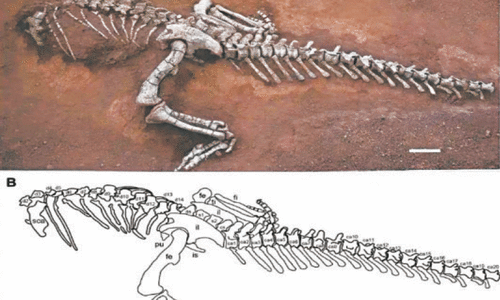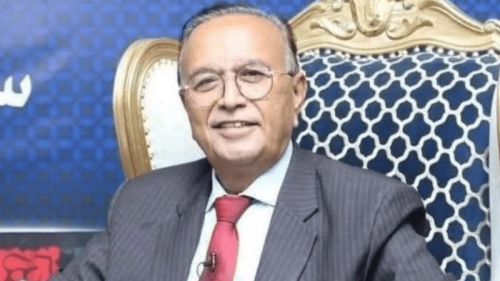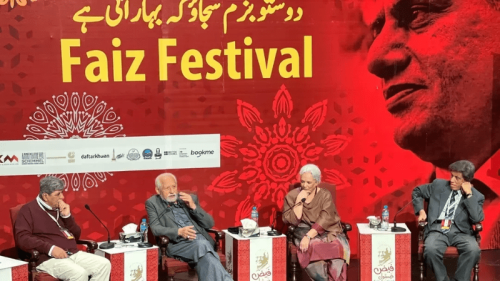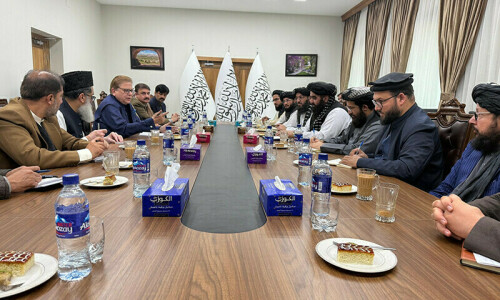MANILA: The Philippines and the country’s largest Muslim separatist group are preparing to sign off on a peace deal after years of tortuous negotiations, but that may be the easy part.
Implementing an agreement to end a conflict that has killed more than 120,000 people, displaced 2 million and stunted growth in the resource-rich southern island of Mindanao will be much more difficult, both sides say.
After decades of rebellion, the government and the Moro Islamic Liberation Front (MILF) agreed a ceasefire in 2003, which has by and large held despite occasional flare-ups of violence.
They have negotiated alongside for setting up an ancestral homeland for 3 million Muslims that will have a large amount of autonomy but not independence.
Even the rebels say signing the deal is only a step forward.
“The problem is not as easy as some people would like to see it,” Mohaqher Iqbal, the MILF’s chief negotiator, said. “There are still a lot of humps and bumps in the road to peace. Granting that the two parties would be able to sign an agreement next year, there’s still a very big problem on how to implement that deal.”
The Philippines has claimed an end to the rebellion on the southern third of the archipelago once before — in 1996, when it signed a peace deal with the Moro National Liberation Front (MNLF), the group from which the MILF was born.
A decade later, the head of the MNLF is in jail and the group is bitterly criticising the government for not keeping to its promises. Many MNLF members have taken up the gun again.
Iqbal criticised MNLF leaders for getting co-opted by the government, saying they weakened the struggle for self-determination by accepting official positions.
“We are not applying for any job in the government,” he said. “We want to be masters of ourselves. We want to swim or drown among ourselves. We want self-governance whether it’s a sub-state or a state within the Philippines.”
A large part of the problem is the relative weakness of President Gloria Macapagal Arroyo — she is deeply unpopular although she has survived three impeachment efforts in each of the last three years. She is in power until 2010.
Iqbal said the government has at least three legal mechanisms to implement an agreement with the MILF — amend the constitution to accommodate a new political set up in the south, implement a treaty or ask Congress to pass a joint resolution.
“All three options are near to impossible for the present president because of the current political situation,” he said.
“We feel Arroyo would really have a hard time convincing lawmakers to approve the peace accord. She needs to display a lot of political will otherwise it would be a useless agreement.”
The government is hopeful a deal could be sealed late next year although it acknowledged the next phase would be tough.
—Reuters

















































Dear visitor, the comments section is undergoing an overhaul and will return soon.